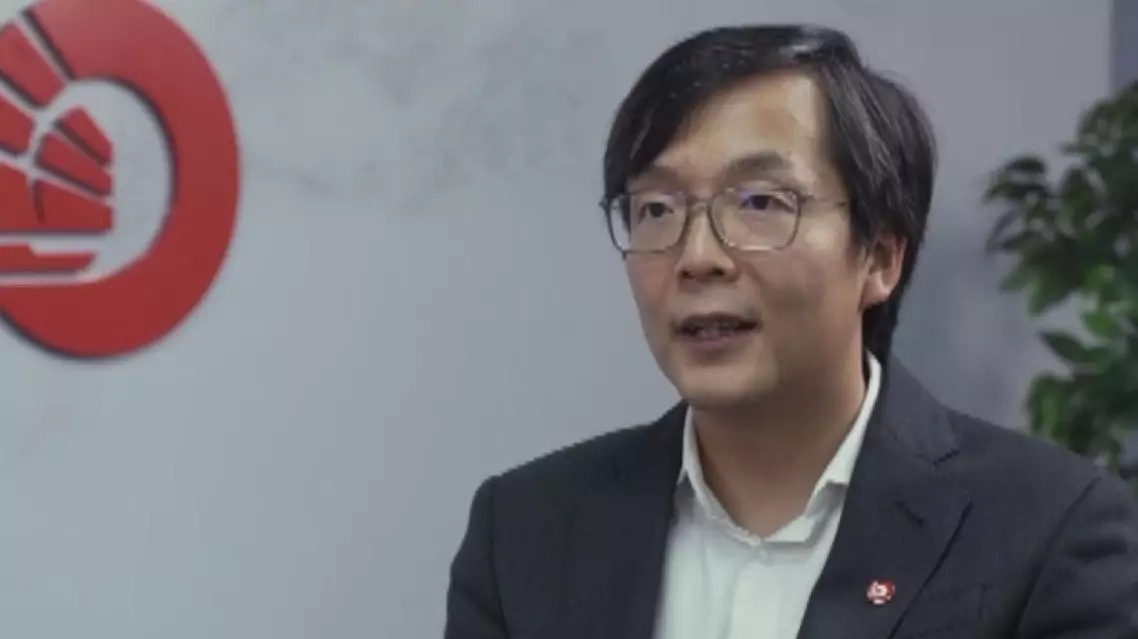China's economic stimulus policies show a clear policy shift that underscores the government's commitment to achieving the gross domestic product growth target of around five percent for 2024, an expert from OCBC Bank has said.
The Political Bureau of the Communist Party of China (CPC) Central Committee held a meeting in September to analyze and discuss the current economic situation and plan future economic strategy.
Tommy Xie, who heads Greater China Research at OCBC Bank in Singapore, told China Global Television Network (CGTN) that the meeting was "one of the game-changers" that could boost confidence and signal a turning point for China's growth prospects.
"The Politburo meeting is really one of the game-changers. I think they are sending a very strong signal that growth is important for them. As we know, usually at the September Politburo meeting they don't talk about economic matters. So, the implied message is – the five-percent growth target is still very important for this year. China will try its best to achieve around five-percent growth target. But now, with this announcement in particular, we are seeing more support for consumers. I think those might potentially translate into growth to stronger growth in the last quarter of the year. That's why I think around five (percent) is still possible," Xie said.
While consumption in China received a boost during the ongoing National Day holiday, Xie believes the period between now and the Chinese New Year will be crucial in determining whether the policy is effective.
"Hopefully we can go back to the five to six percent kind of range in terms of retail sales. But, in terms of the Golden Week Holiday, because those measures were just announced. How fast it can translate to the actual spending? So (that is) the part we need to monitor. I guess for next year, in particular towards the Chinese New Year, that could be the moment of truth, right? We will try to assess how effective those policies are in changing consumer behavior to instill confidence in the consumers. So, I think, from now to the Chinese New Year next year, it will be a critical window to monitor," he said.
As for the medium- and long-term economic outlook, Xie expects innovation and consumption to play increasingly important roles.
"Initially, we do think the economy may slow down to around the 4.5-percent range, or it could be even towards the four-percent range. Because China is facing a number of headwinds in the medium term – whether being an aging society, whether being the still low propensity to consume and also, in particular, the property market. The contribution from the property market is declining. On the other hand, some of the sectors are picking up, for example, EVs, and innovation. If China can really revive that animal spirit, if China can really boost consumption, then that might actually, potentially add another leg to the long-term growth," Xie said.

Stimulus measures signal China's focus on 5-pct GDP growth target: OCBC expert









